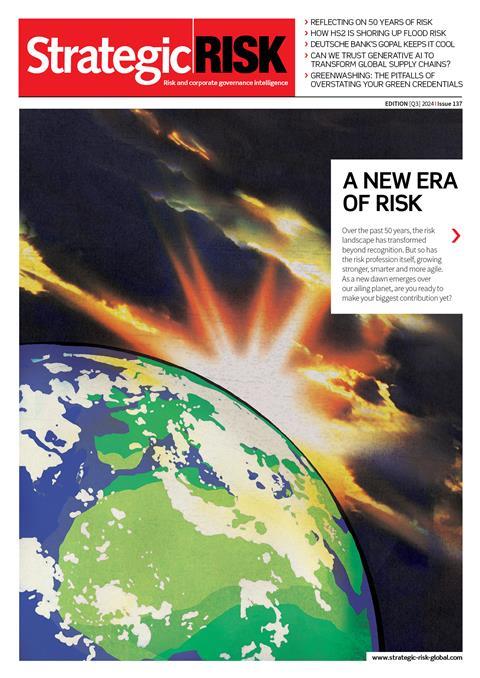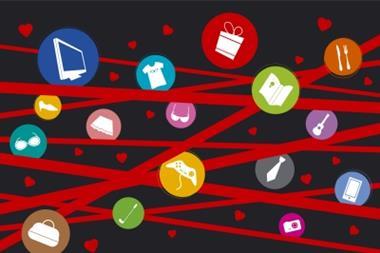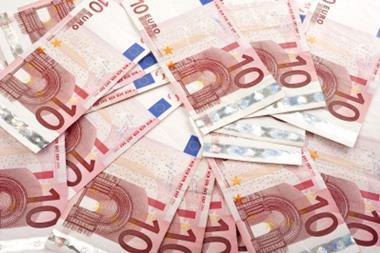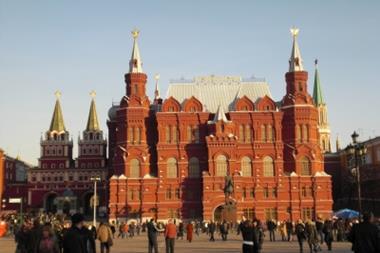Cutting ethical corners can significantly damage your brand and your reputation. European companies are beginning to see the value of having an ethical charter to follow. For example, the Ethical Trading Initiative (ETI), a UK-based alliance of companies, non-governmental organisations (NGOs), and trade union organisations, identifies and promotes good practice, and has a code which bars forced labour or child labour, discrimination, excessive working hours and harsh or inhumane treatment. Some major UK companies have ethical charters which also exclude production processes that are polluting, or wasteful of raw materials or energy.
Animal rights may not be at the top of your corporate ethical agenda, but note that after intensive campaigning against them earlier in the year, McDonald's Corporation in the USA agreed to improve living conditions for the chickens raised for its restaurants and to consider improving conditions for other livestock. Clearly, the US company has seen the disadvantage of being branded "McCruelty" on the Web. Few suppliers will openly reject a large multinational's ethical code. But how do you know if they are paying more than lip-service to the requirements? You need to track back through your supply chain to make sure they are actually doing what you asked. US Levi Strauss & Co, a leader in ethical trading, has commissioned independent evaluation projectsin some countries. ETI uses independent trade union and NGO partners, or draws on the resources of corporate members and commercial audit companies to directly monitor suppliers.
--Sue Copeman



















